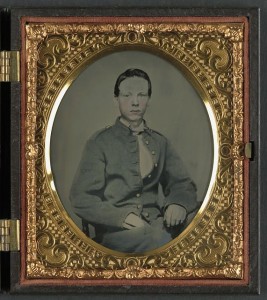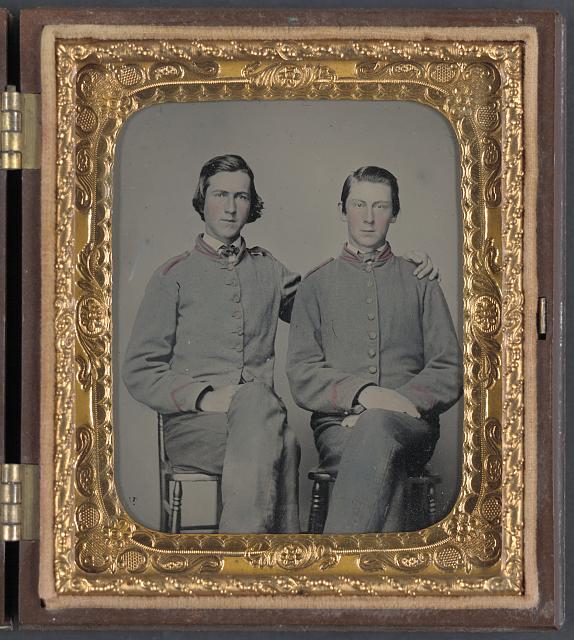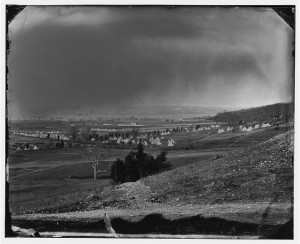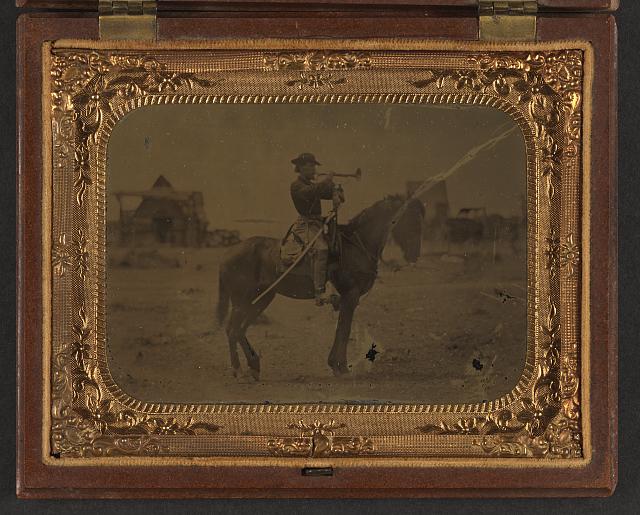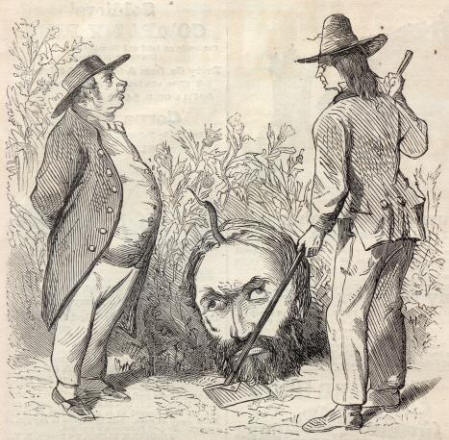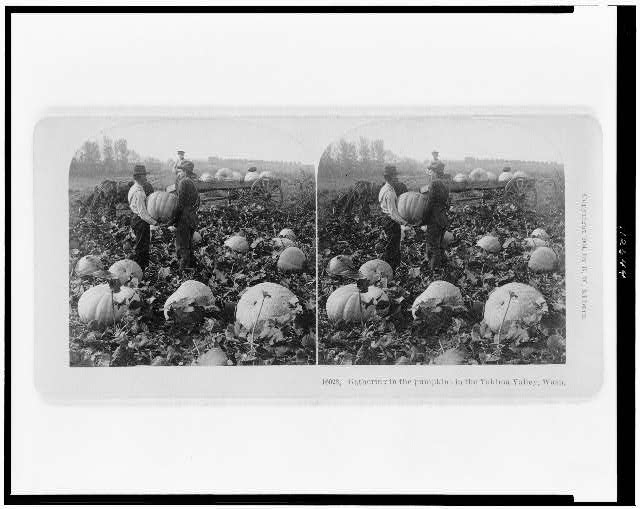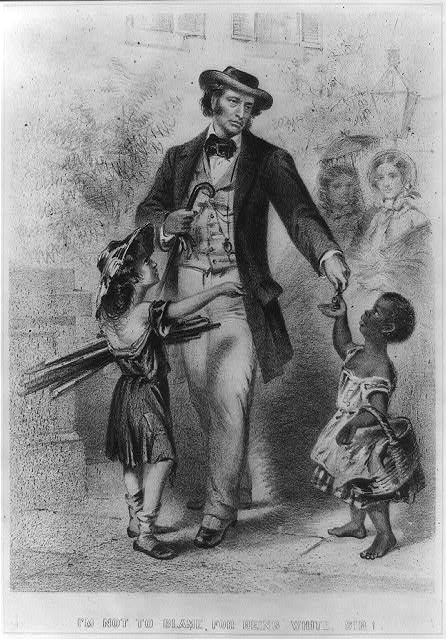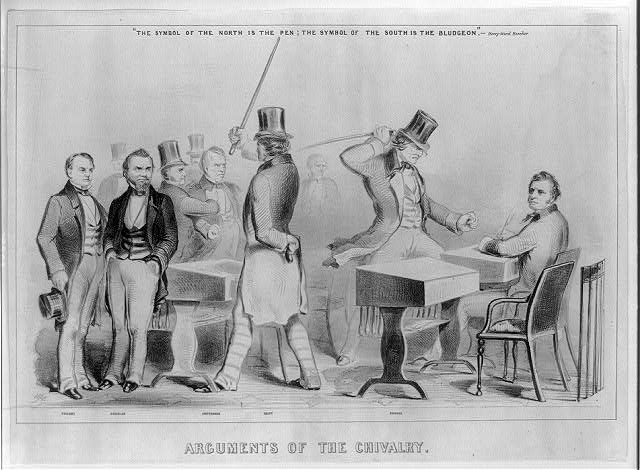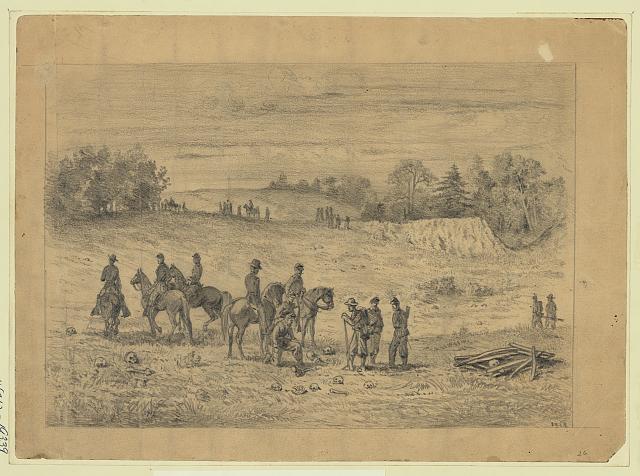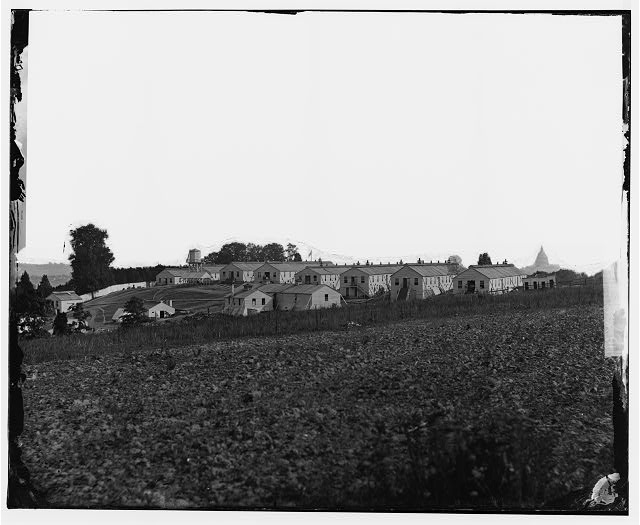
“success of the loyal”
Early returns showed that the New York State Union ticket (Republicans and War Democrats) were winning big across the state after the November 3, 1863 election. (The clipping at the left is from November 5th, when the results were more final) New York City was still mostly Democrat, but not enough so to make up for results elsewhere. The Republican-leaning Times found Tuesday’s weather to to be emblematic of the election results. Despite a few gangs trying to coerce the vote Gotham had an amazingly peaceful day as the police did a good job keeping control.
From The New-York Times November 4, 1863:
The Election Union Victory.
The Union State ticket prevailed yesterday by an overwhelming majority. In the City, the heavy Democratic majority of last year is cut down over thirteen thousand votes, or about three thousand more than the entire majority of Gov. SEYMOUR in the whole State. The present State majority for the Union ticket is not yet known in its full extent of figures, but the great result and its emphatic meaning are already beyond question. Many of the Western counties, and the great Northern County of St. Lawrence, look, from the partial telegraphic returns received this morning, very like approaching the Lincoln majorities of 1860. And all make a gain on the vote of last year, while the Democratic or Seymour counties of 1862 are as invariably cut down.
The Union cause will have the support of a decided majority in the new Senate, and more than a working majority in the Assembly; and, of course, Executive State officers elected on the present ticket.
At the hour of going to press this morning, we estimate the Union majority in the State as at least twenty-five thousand. The victory is certainly complete.
From the same issue:
HOW THE ELECTION PASSED OFF.; THE ELECTIONS YESTERDAY.
Yesterday awoke sombre and gloomy enough. The clouds early dropped a few tears in compassion for the Democracy, who were to be so badly beaten in the State. But toward noon it broke away for the sunlight, gladdening over the success of the loyal.
The voting during the morning in every ward was remarkably dull, in some wards not a score of votes being taken up to noon, and the polls, except in few instances, presenting none of the bustling active appearance heretofore characterizing them.
Universal quiet prevailed throughout the City. At none of the Districts were there disturbances of any serious character, and but at a few were there any at all. Even the Sixth Ward — the “Bloody Sixth,” where savage fights on election day used to be almost a necessity — put itself on its good behavior, and so conducted itself as to nearly wipe out the remembrance of its misbehavior of old. Early in the mornning there was an attempt made by a gang of rowdies at the Mulberry-street polls to deter men from voting any other than the Mozart and Tammany ticket. They blocked up the passage, swore and threatened considerably, the demonstrations being principally against the McKeonites. They were dispersed by the Police. At Mackerelville, “Australian KELLY” was on hand with a party, and at one time the polls in Avenue C, between Twelfth and Thirteenth streets, were blocked. Matters looked in the direction of a fight, but the Police took KELLY in charge, and quiet was restored. There were a number of knockdowns in several Wards, but among a class who, the more they are knocked down, the better they seem to like it; but, as a general thing, no election ever passed off so quietly and lazily.
After the polls were closed, large crowds gathered in Printing House-square to hear the results. The Democrats did not attempt to conceal their chagrin at the turn affairs had taken, while the Union men were exuberant in their rejoicing, and made the air ring with their shouts at each encouraging announcement.
Although I noticed that Seneca County voted Democrat for Secretary of State, for New York as a whole, the Union ticket won every single statewide office.
According to David Herbert Donald[], Republicans gave much credit for their 1863 election successes to Lincoln’s “public Letters – to the Conkling letter in particular, …” and The letters of President Lincoln on questions of national policy was published in 1863 as a 22 page pamphlet that sold for 8 cents.
The following cartoon is from the November 7, 1863 issue of Harper’s Weekly at Son of the South
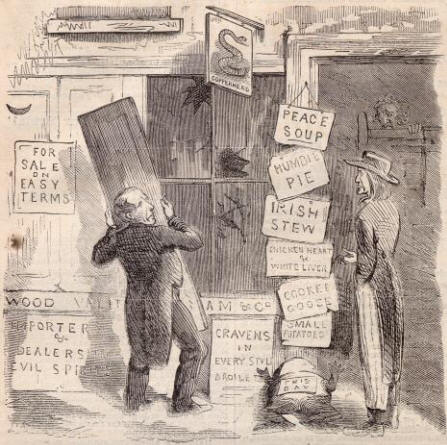
HARPER’S WEEKLY.
[NOVEMBER 7, 1863.
720
SHUTTING UP SHOP.
UNCLE SAMUEL. “What! shutting up shop, eh!”
MANAGING MAN OF THE COPPERHEAD HOUSE. “Yes! ‘taint no use. Sence the news from Ohio and Pennsylvania, we haint seen a customer, and the boss says to shut up quickly before New York ruins us outright.”

![[Charleston, S.C. St. Michael's Church] (by George N. Barnard, April 1865; LOC: LC-DIG-cwpb-03029)](https://www.bluegrayreview.com/wp-content/uploads/2013/11/03029r-300x300.jpg)
![[Fort Sumter] (by Hass & Peale, 23 August 1863; LOC: LC-DIG-cwpb-04742)](https://www.bluegrayreview.com/wp-content/uploads/2013/11/04742r.jpg)

![[Quarters of Dr. David McKay (Army of the James), interior view withi men playing cards] (between 1861 and 1865; LOC: LC-DIG-cwpb-03634)](https://www.bluegrayreview.com/wp-content/uploads/2013/11/03634r.jpg)
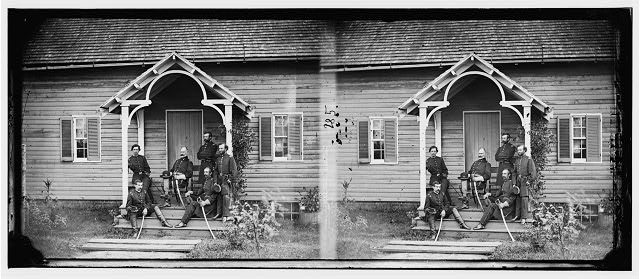
![[Drummer boys off duty, playing cards in camp, winter of 1862] (1862, printed later]; LOC: LC-DIG-ppmsc-02787)](https://www.bluegrayreview.com/wp-content/uploads/2013/11/02787r.jpg)
